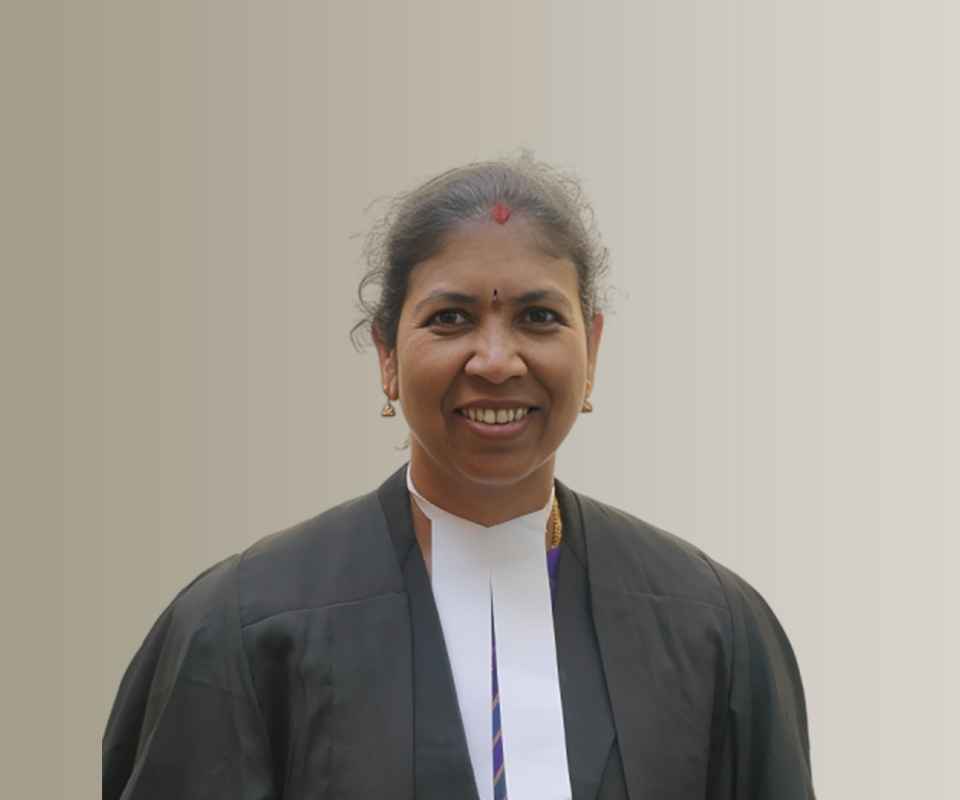Answer By law4u team
Constitution of India Article 185: The Chairman or the Deputy Chairman Not to Preside While a Resolution for His Removal from Office is Under Consideration
1. At any sitting of the Legislative Council, while any resolution for the removal of the Chairman from his office is under consideration, the Chairman, or while any resolution for the removal of the Deputy Chairman from his office is under consideration, the Deputy Chairman, shall not, though he is present, preside, and the provisions of clause (2) of article 184 shall apply in relation to every such sitting as they apply in relation to a sitting from which the Chairman or, as the case may be, the Deputy Chairman is absent.
2. The Chairman shall have the right to speak in, and otherwise to take part in the proceedings of, the Legislative Council while any resolution for his removal from office is under consideration in the Council and shall, notwithstanding anything in article 189, be entitled to vote only in the first instance on such resolution or on any other matter during such proceedings but not in the case of an equality of votes.
Brief Detail
Article 185 deals with the situation when a resolution for the removal of the Chairman or Deputy Chairman of the Legislative Council is being discussed:
- If a resolution for the removal of the Chairman is under consideration, the Chairman cannot preside over the sitting, and the same applies if the resolution is about the Deputy Chairman. The provision in Article 184(2) will apply, meaning someone else will preside.
- Despite being the subject of a resolution for removal, the Chairman retains the right to speak and take part in the proceedings but can vote only on the first instance of the resolution or on other matters during such proceedings, except in cases of a tie (equality of votes).
Question & Answers
Can the Chairman preside when a resolution for his removal is under consideration?
No, the Chairman cannot preside over the sitting if a resolution for his removal is under consideration. Similarly, the Deputy Chairman cannot preside if the resolution concerns his removal.
What rights does the Chairman have during the consideration of his removal resolution?
The Chairman has the right to speak in the proceedings and participate in the discussion. However, he is only allowed to vote in the first instance on the resolution, and not in case of a tie.
Example
If the Legislative Council is considering a resolution for the removal of the Chairman, the Chairman must step down from presiding. Another member, designated according to Article 184(2), will take the chair. The Chairman can still speak and participate, but he can vote only once on the matter, unless there is a tie in votes.
Summary
Article 185 ensures fairness and clarity in the process of removing the Chairman or Deputy Chairman by preventing them from presiding over the proceedings while their removal is being considered. It also allows them to engage in discussions but limits their voting rights in such matters.







